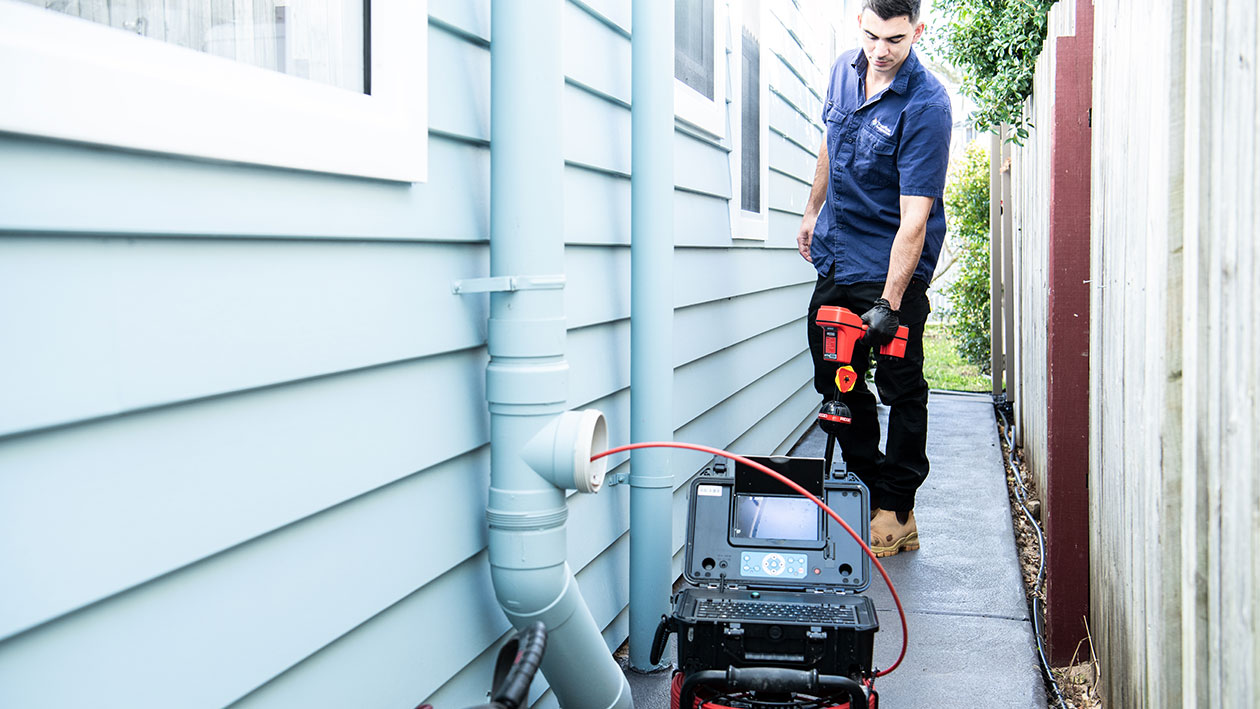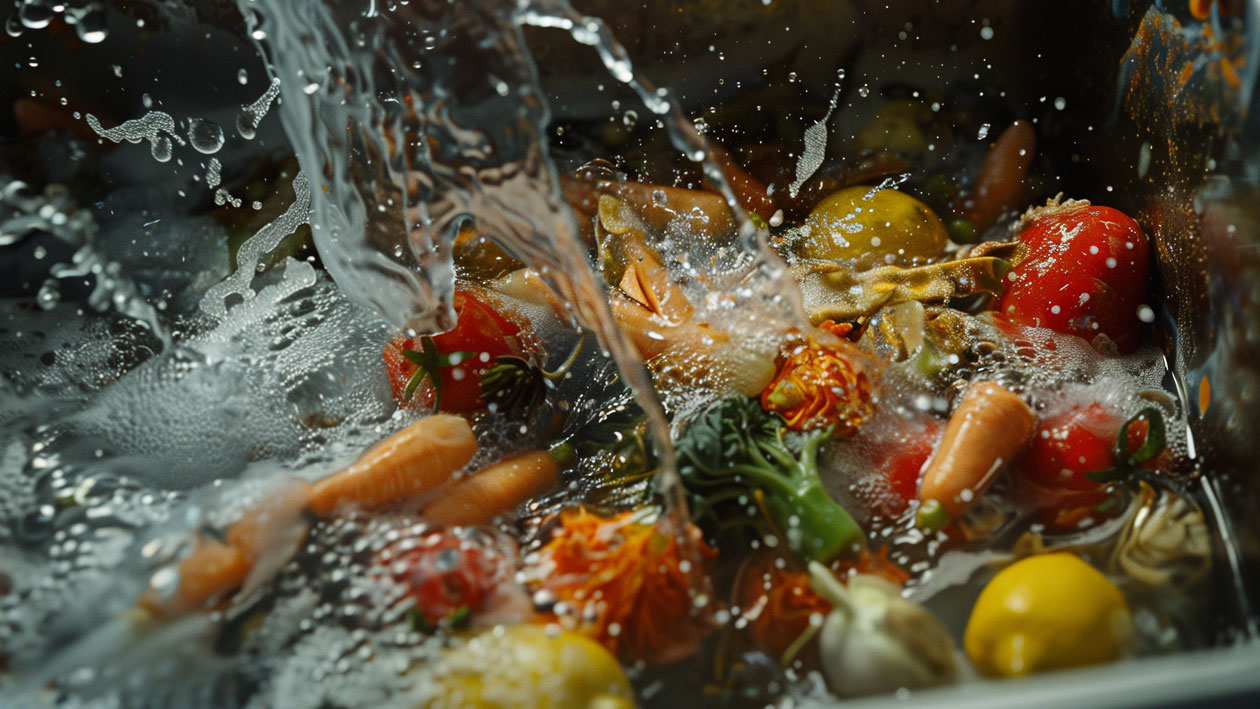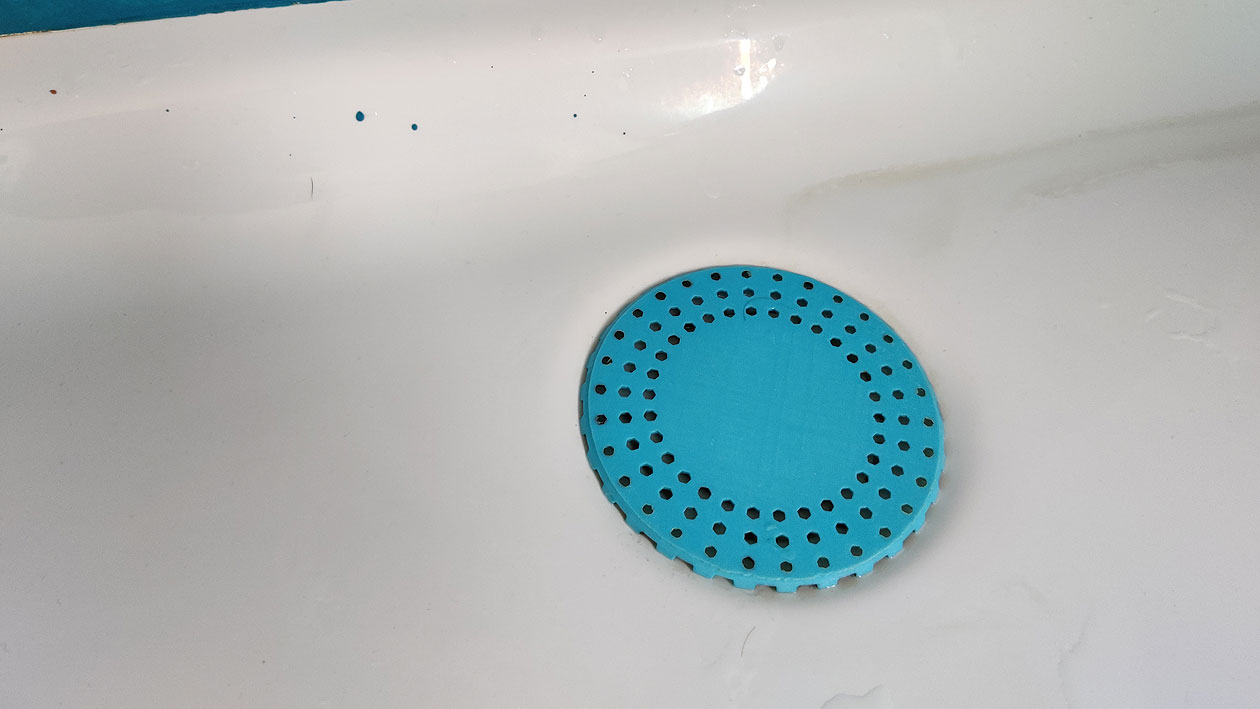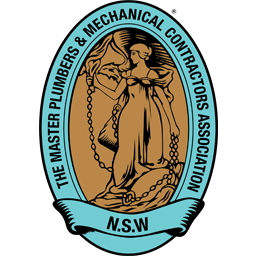Blocked drains are a common household problem. They can cause unpleasant smells, damage your pipes, and even lead to costly plumbing repairs. By understanding the causes of blocked drains and implementing preventative measures, you can avoid these issues and keep your pipes flowing freely.
Common Causes of Blocked Drains
Knowing what causes blocked drains is the first step to preventing them. Several culprits can contribute to a clogged drain, from everyday items to more serious issues.
- Hair: Hair, especially from showers and sinks, can easily clump together and clog drains.
- Grease: Grease from cooking and food preparation solidifies in pipes, forming blockages that restrict water flow.
- Food debris: Food scraps, particularly those that are not easily broken down, can accumulate in drains and cause blockages.
- Soap scum: Soap scum can build up over time, forming a sticky residue that traps other debris, leading to restricted water flow.
- Tree roots: In older homes, tree roots can grow into sewer pipes, causing significant blockages that can be difficult to resolve.
- Sediment buildup: Over time, mineral deposits and other sediment can build up in pipes, restricting water flow and eventually leading to blockages
How To Prevent Blocked Drains
By adopting these proactive measures, you can significantly reduce the risk of experiencing blocked drains and maintain a smooth-flowing drainage system.
1. Regular Cleaning
Regularly cleaning your drains is essential for preventing blockages. Debris such as hair, food scraps, and soap scum can accumulate over time, restricting water flow and creating a breeding ground for bacteria. Cleaning your drains regularly helps remove this buildup and keeps your pipes running smoothly.
- Steps:
- Use a plunger to loosen and remove debris. Push and pull the plunger vigorously to create suction and dislodge the blockage.
- For more stubborn blockages, use a drain snake to reach deeper into the drain. Insert the drain snake into the drain and twist it to break up the blockage and pull out the debris. Don’t have a drain snake, call Dylan from TrueFlow Plumbing, he specialises in blocked drain repairs.
- Tools: Plunger, drain snake.
- Difficulty: Easy to moderate, depending on the blockage.

2. Hair Traps
Hair traps are a simple and effective way to prevent hair from clogging drains, particularly in showers and sinks. They act as a barrier, catching hair before it enters the drain. You can find hair traps online at retailers like Amazon or locally in any Bunnings hardware store.
- Steps:
- Install a hair trap in showers and sinks. Most hair traps simply sit over the drain opening, easily catching hair as it falls.
- Regularly clean the hair trap to prevent buildup. Remove the trap, dispose of the collected hair, and rinse the trap before replacing it.
- Tools: Hair trap.
- Difficulty: Easy.
Dylan Attard, professional plumber at TrueFlow Plumbing and Drains says “Hair is a notorious culprit for blocked drains, especially in showers and sinks. Investing in a good hair catcher is a must. Regularly cleaning the catcher will save you a lot of trouble down the line.”
3. Grease Management
Grease is a major cause of blocked drains, as it solidifies in pipes and creates a sticky residue that traps other debris. Proper grease disposal is essential for preventing these blockages.
- Steps:
- Pour cooking grease into a container. Allow the grease to cool and solidify.
- Dispose of the grease in the garbage. Wrap the container in newspaper or place it in a sealed bag to prevent leaks.
- Avoid pouring grease down the drain.
- Tools: Container.
- Difficulty: Easy.
4. Avoid Food Waste
Food scraps, particularly those that are not easily broken down, can cause blockages in drains. It is important to avoid pouring food scraps down the drain whenever possible.
- Steps:
- Use a garbage disposal cautiously, ensuring that only small food scraps are disposed of. Do not grind bones, large pieces of fruit, or other tough items that can clog the disposal.
- Avoid pouring food scraps down the drain. Use a strainer or trash can to collect food scraps and dispose of them properly.
- Tools: Garbage disposal, strainer.
- Difficulty: Easy.

5. Preventative Products
Using drain cleaners can help prevent blockages by dissolving grease and other debris that can accumulate in pipes.
- Steps:
- Choose a safe and environmentally friendly drain cleaner. There are various types of drain cleaners available, including chemical, enzymatic, and biological cleaners.
- Follow the product instructions carefully. Most drain cleaners require you to pour the product into the drain and allow it to sit for a specified amount of time.
- Use drain cleaners regularly, according to the manufacturer’s recommendations. The frequency of use will vary depending on the type of drain cleaner and the amount of drain use.
- Tools: Drain cleaner.
- Difficulty: Easy.
6. Toilet Maintenance
Toilets are prone to blockages due to the buildup of waste and toilet paper. Regular maintenance helps keep your toilet running smoothly.
- Steps:
- Flush regularly: Don’t let waste sit in the toilet for extended periods. Flush promptly after each use.
- Avoid flushing non-flushable items: Only flush toilet paper and human waste. Avoid flushing anything else, including so-called flushable wipes, paper towels, cotton balls, feminine hygiene products, or anything else that might not break down properly.
- Clean the bowl regularly: Use a toilet bowl cleaner to remove stains and buildup. This helps prevent clogs and keeps your toilet clean and hygienic.
- Check for leaks: A leaky toilet can waste water and lead to blockages over time. Check for leaks regularly and repair them promptly.
- Tools: Toilet bowl cleaner, plunger.
- Difficulty: Easy.
Bonus Tip: Do you live in an old home, Dylan says “Tree roots are a major issue for older homes, particularly if the pipes are near trees. This often requires professional attention, but it’s worth being aware of the problem to prevent it from becoming a major issue.”
Drain Maintenance Schedule
A regular drain maintenance schedule helps ensure your drains remain clear and free-flowing, preventing exposure to numerous health risks. This schedule outlines the recommended frequency for various cleaning and maintenance tasks.
Recommended Schedule
- Weekly: Clean bathroom drains with a plunger or drain snake. This helps remove hair, soap scum, and other debris that can accumulate.
- Monthly: Check and clean garbage disposals with ice and baking soda. This helps to sharpen the blades and remove any food debris that may have accumulated.
- Quarterly: Use a drain cleaner (safe and environmentally friendly). This helps to dissolve grease, hair, and other substances that may be clogging the pipes.
Implementing preventative measures and following a regular drain maintenance schedule can significantly reduce the risk of blocked drains. By understanding the common causes of blockages, practising proper grease management, and using hair traps, you can keep your pipes flowing smoothly and avoid costly plumbing repairs.
Take action today to prevent blocked drains! Start by implementing these preventative measures and scheduling your first drain cleaning appointment. A proactive approach will help you avoid future plumbing headaches and ensure a smooth-flowing drainage system for years to come.



